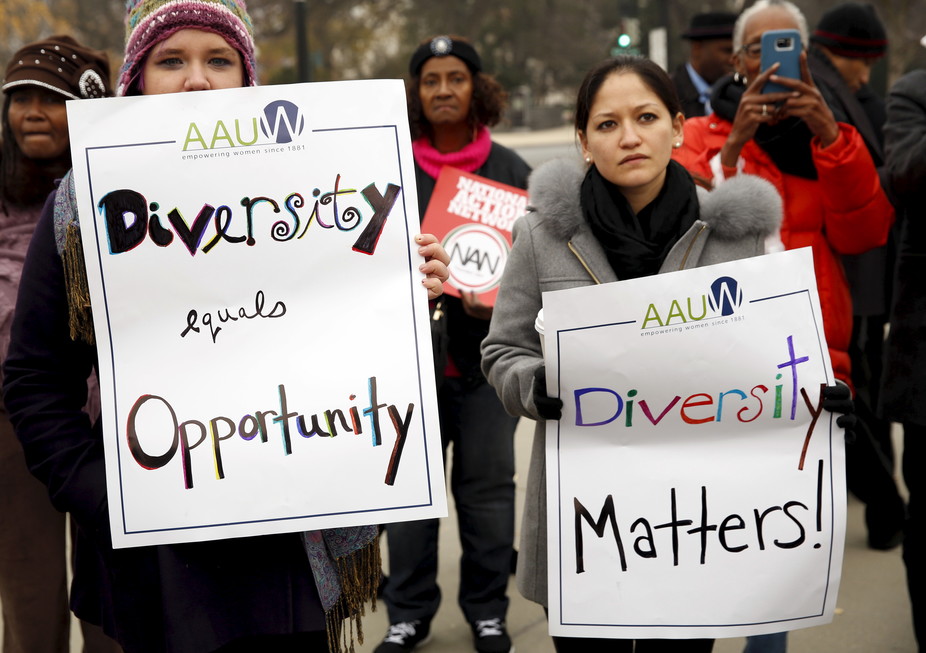Disengaged Students, Part 3: The Role of Nationalism

In this 20-part series, I explore the root causes and effects of academic disengagement in K-12 learners and explore the factors driving American society ever closer to being a nation that lacks intellectualism, or the pursuit of knowledge for knowledge’s sake.
The 20th century saw the rise of a new sort of anti-intellectualism in America, one stemming from a nationalist perspective. The idea that love of country trumped all other ideas and ideals was popularized during both World Wars, and exacerbated by the Communist paranoia and McCarthyism in the decades that followed. Speaking out against war or showing sympathy with other countries at odds with the U.S. was frowned upon, and sometimes outright condemned. Questioning the reasoning of war as a concept was seen as direct disloyalty to the country.
Even today movies that showcase nationalist perspectives, like 1995’s classic Braveheart, remain popular with Americans, despite the fact that nationalism was not actually a European philosophy until the 18th century. It is more likely that 13th-century William Wallace performed his feats of bravery (much exaggerated in the Hollywood version) out of loyalty to his individual tribe rather than a grandiose faithfulness to Scotland. Still, the American tendency to cover all sins with flag-waving patriotism found its roots in the 20th century and still exists today.
Love, Loyalty and Loss of Debate
That school of nationalist thought which was widely accepted following the two world wars came into question as anti-war protests grew in strength during the Vietnam War. The anti-war demonstrations that surrounded the Vietnam War were met with counter-attacks by pseudo-intellectuals like Secretary of Defense Robert McNamara. Though he attempted to explain the rationale behind the alarming number of U.S. casualties in intellectual terms, the American public saw through his attempt at dumbing down the realities of the war. For demonstrators who spoke out against the Vietnam War, fighting was a poor substitute for the harder work of actually seeking out true change.
Many of the soldiers in Vietnam were the sons of World War I and World War II veterans who were witnessing the cyclical nature of wars that seemingly had no end. As the soldiers from the 1940s and 1950s aged, it is reasonable to assume that at least some of them experienced a feeling of helplessness, believing their sacrifices really had not made enough of an impact, since their own children were back fighting the same battles under a new banner. Even today, as struggles in the Middle East stretch across two decades, Americans have become desensitized to what the ongoing loss of life means in a world that seems unable ever to be truly at peace.
This nationalist challenge to intellectualism, like the fundamentalist challenge discussed earlier, is based on an orthodoxy which forbids questioning and reasoned disagreement. While it is less pronounced than in previous generations, it still exists and integrates itself in our schools.
But are we building a spirit of national camaraderie at the expense of intellectualist thought?






